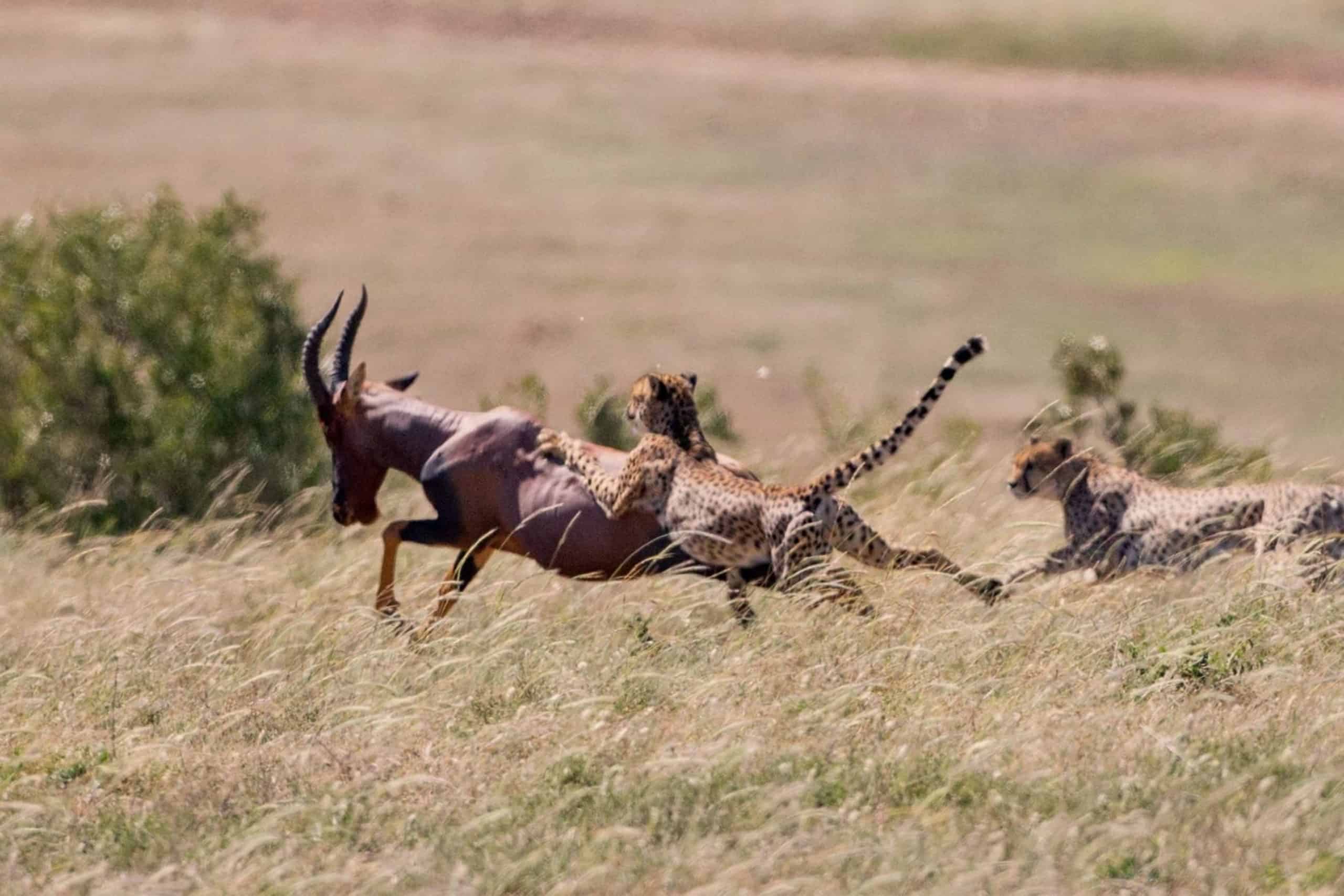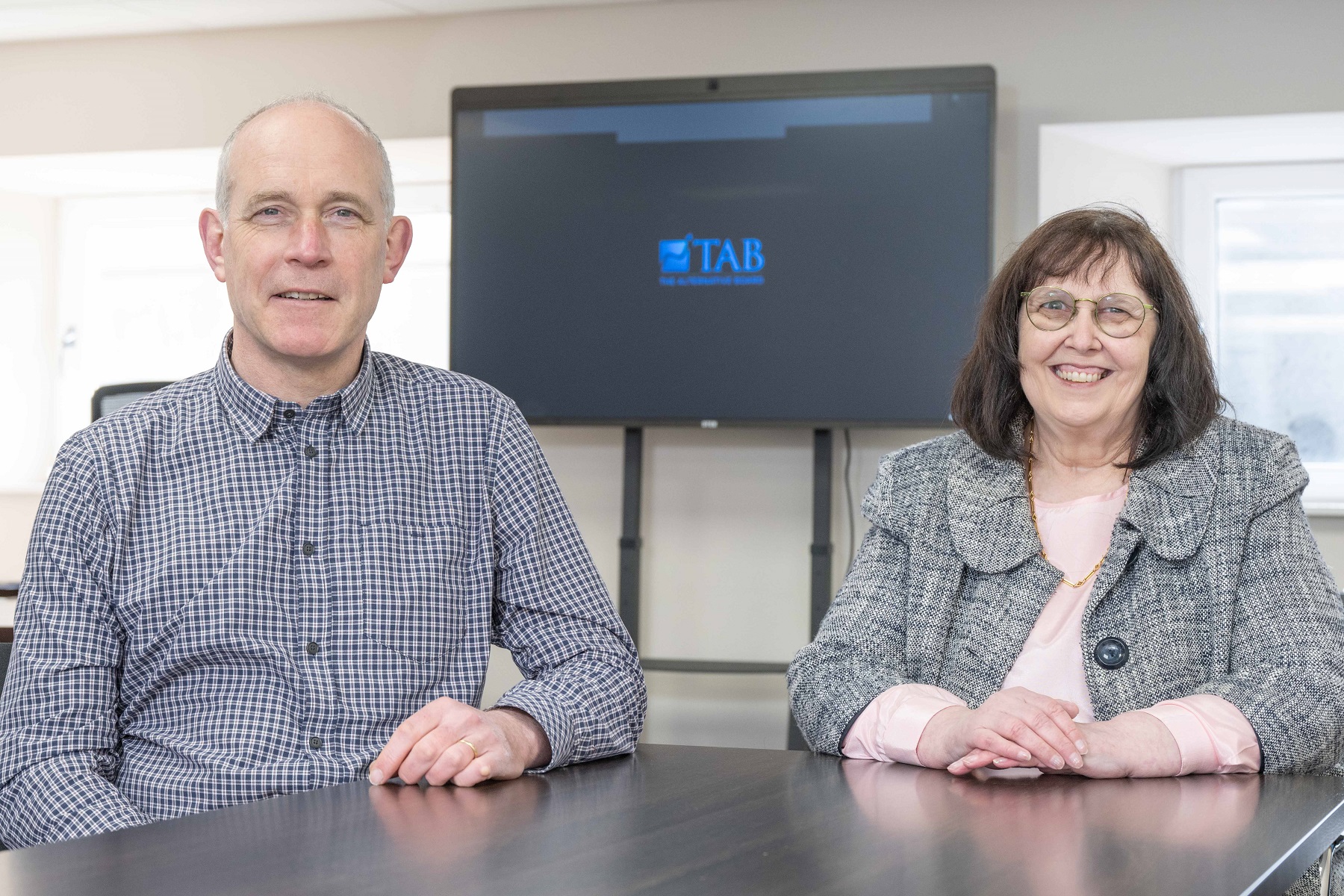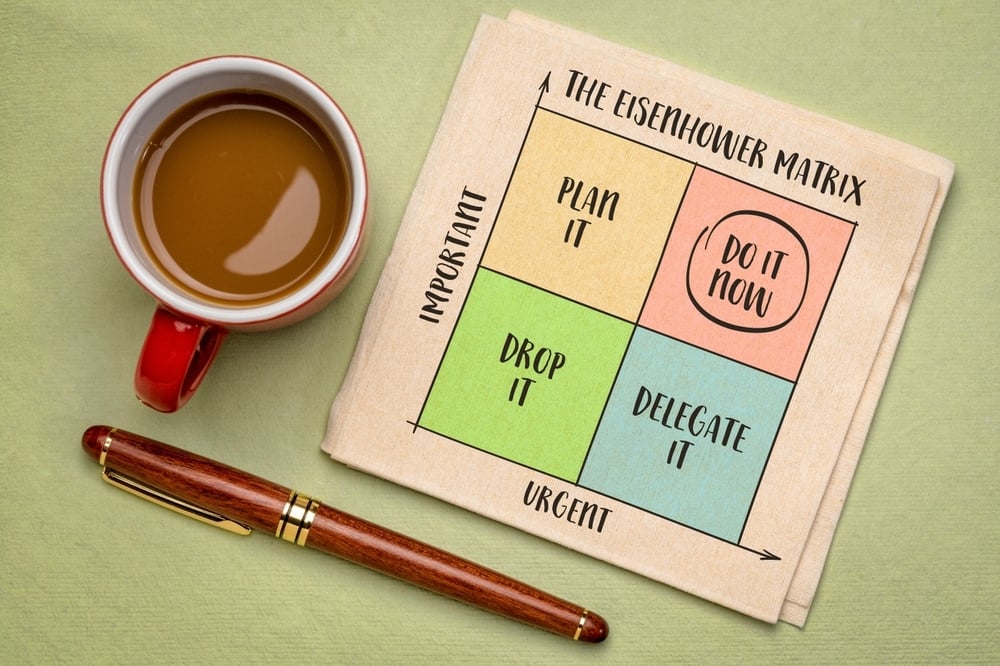
Are your sales team hunting antelope or porcupine?
by Ted Robinson
Listen to Audio Version:
I’ve recently been helping one of my members recruit his first salesperson. Over the years he has defined, tweaked, scrapped, re-defined, moulded and shaped a sales process that he knows works (for now). He has identified that relying on him for sales is limiting his growth and it is now time to bring in someone to focus and really drive the sales growth.
We spent a long time defining both the job spec and the person spec to ensure we searched for someone with the relevant skills and someone who matched the ethos and culture of the business and would “get” the Company Vision. We then turned our attention to the package and, in particular, the commission structure.
This led to a very interesting discussion around how commission structure drives behaviour and how the wrong behaviour can do more damage than good. He widened the discussion by taking the issue to his TAB board and I wanted to share the thoughts.
Our salesperson is a hunter (I know there are many cases where the salesperson is more farmer than hunter, but in this case they are clearly a hunter). The tribe like to eat antelope – it’s large enough to go round and very very tasty. But antelope hunting is hard and you come home empty handed very often. If we reward the hunter just for the kill then we can get two reactions:
- The hunter becomes disillusioned. Antelope is a difficult prey. He becomes negative and either stops trying or tries too hard. The result is the same – the tribe go hungry and the hunter either becomes so negative that you must tell him to leave the tribe or he leaves anyway.
- The hunter works out that it is easier to hunt porcupine. You may reward him less for a porcupine kill but he argues that a porcupine is better than nothing and he will get an antelope tomorrow, or maybe the day after, or possibly next week. The result is the tribe resent the fact that they must deal with the pain of cooking a porcupine and when they have it does not feed many. The hunter is not happy with his reward and the tribe think he only brings them pain!
Is there a better way?
What if the hunter realises that he needs to follow a process in order to kill his antelope? What if he is rewarded for how he follows the process? This would keep him motivated to keep trying rather than opting for an easier kill. Yes, the kill still needs to be rewarded but it shouldn’t be the sole focus. If the sales process involves a certain level of cold calling, networking, follow up, discovery meetings etc then shouldn’t this be rewarded too?
With my member we looked at his process and split it into key milestones on his pipeline – numbers of leads coming from each source and % targets of moving prospects from one stage to another. We then attributed a commission payment for achieving these milestones. This gave our hunter reasons to follow the process and rewards for activity rather than just the kill. He got a lower commission for the actual kill but he knew that a kill only came from planning, preparation, targeting the right prey and getting them in a position where you can attack.
The tribe still needs to eat so the process and the skills at each part of the process needs constant evaluation. This evaluation ensures the hunter reacts if the herd has moved or their behaviour has changed. Does your hunter have the right weapons? Is your hunter following a process that gives him the best chance and is he rewarded for doing it?
Why is your tribe eating porcupine? Is commission structure one of the reasons?
Related articles

A new office for TAB Aberdeen!
Read more about the new office of TAB Aberdeen and how they are supporting business owners in their local area.

Prevention is better than cure
Ed Reid, managing director of TAB (UK) talks about preventing issues in your business is better than finding a cure once they happen.

Goodbye Unicorn, Hello Centaur
Ed Reid, Managing Director of TAB UK, talks about why your business fundamentals are absolutely central to your success.





